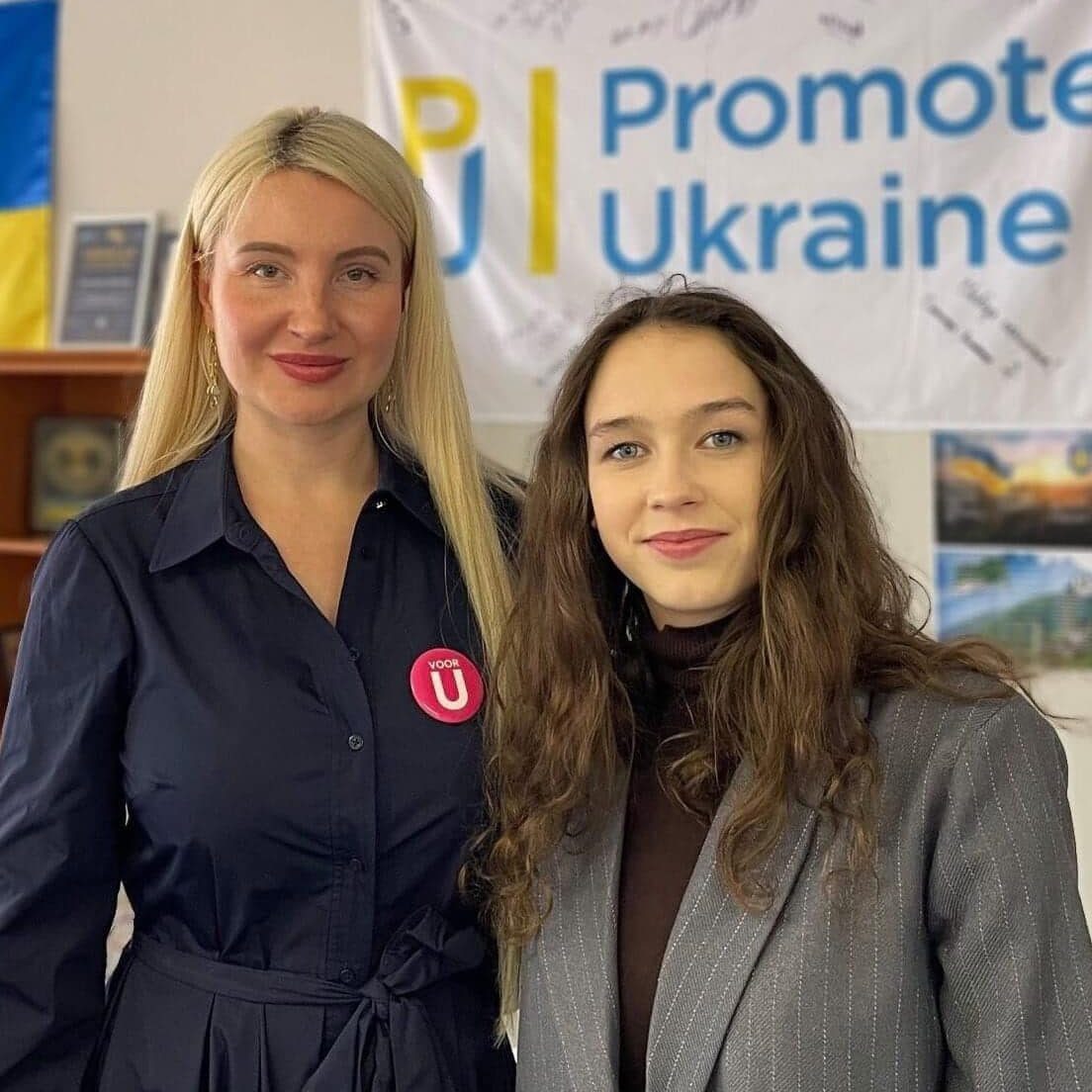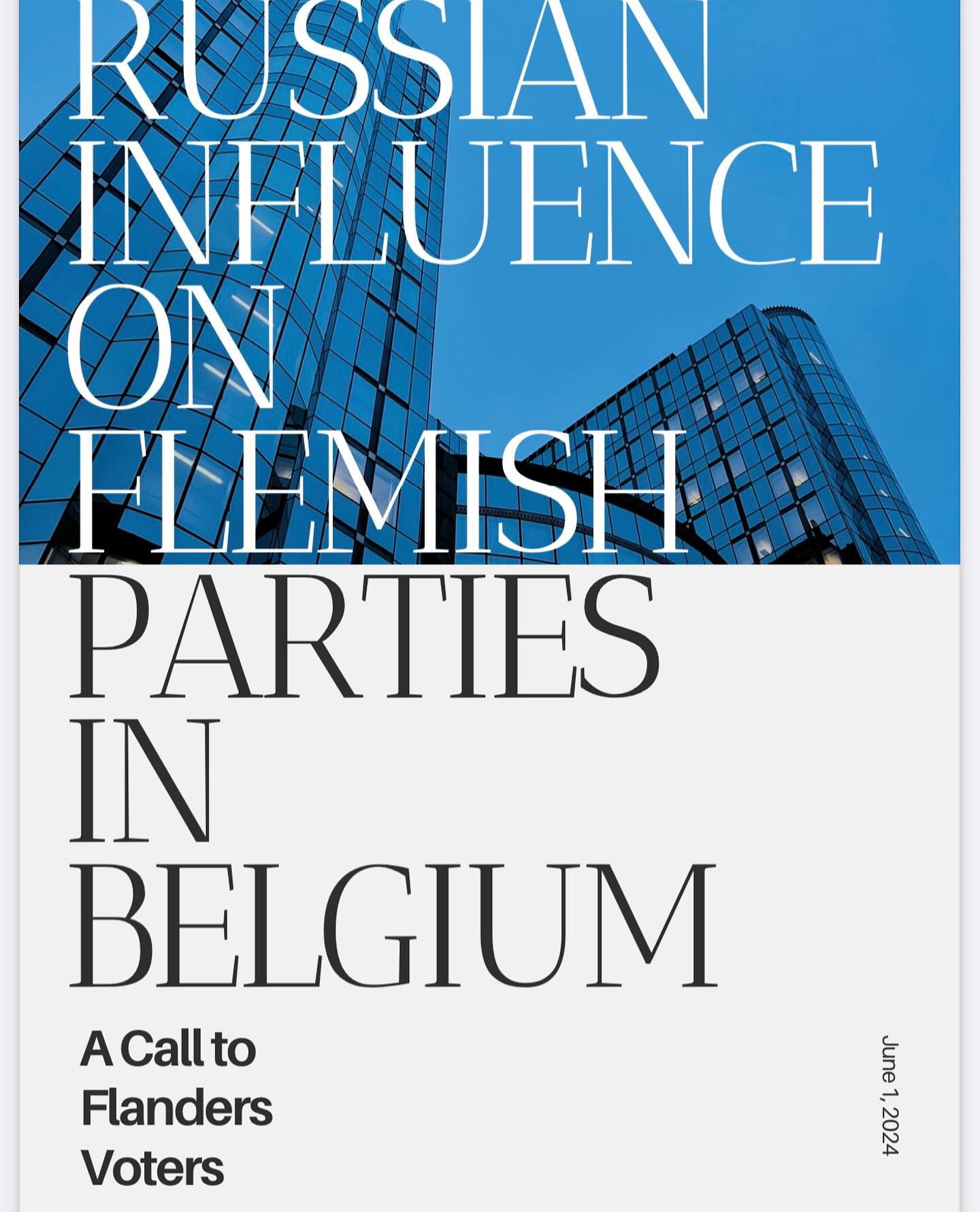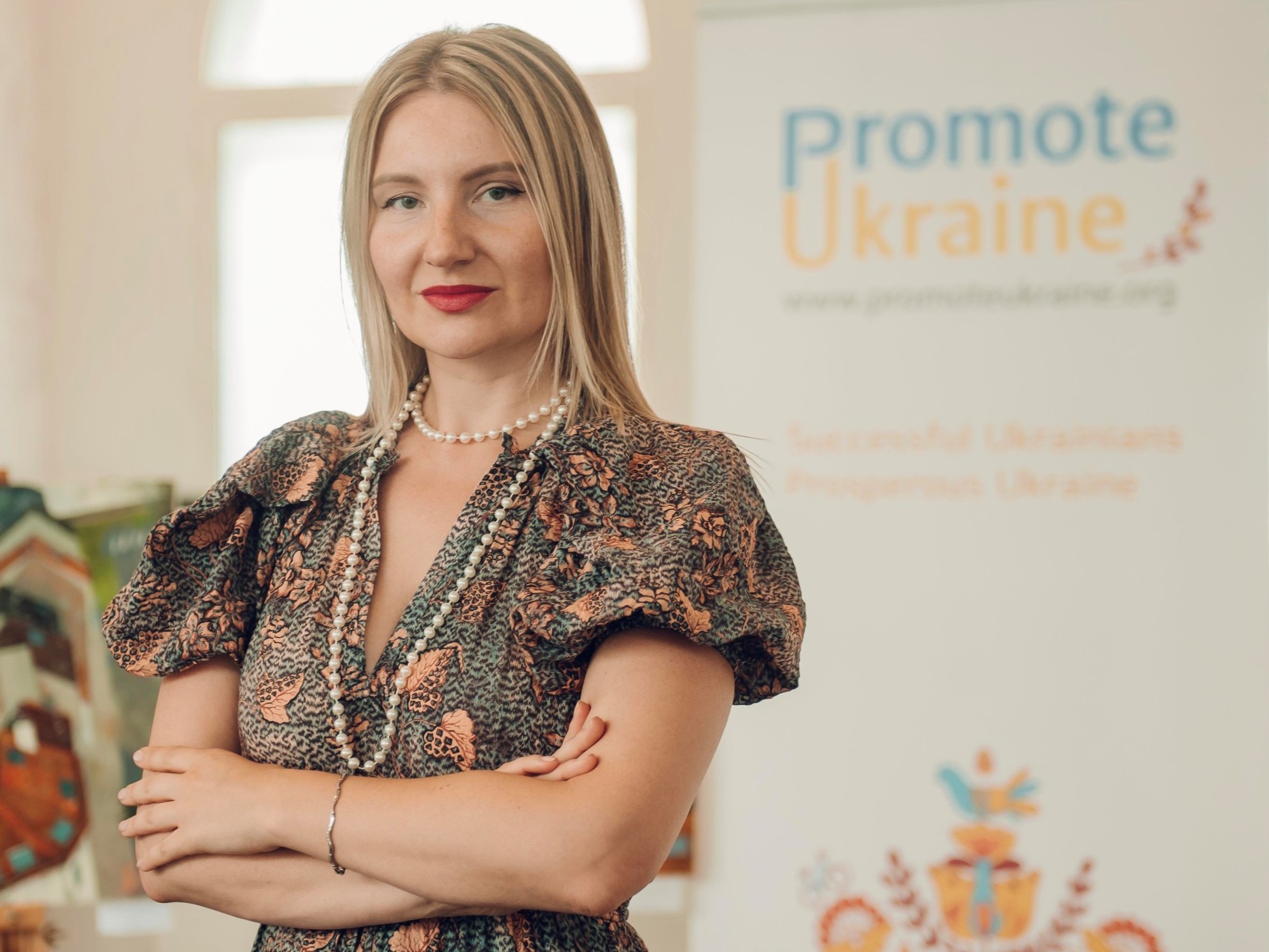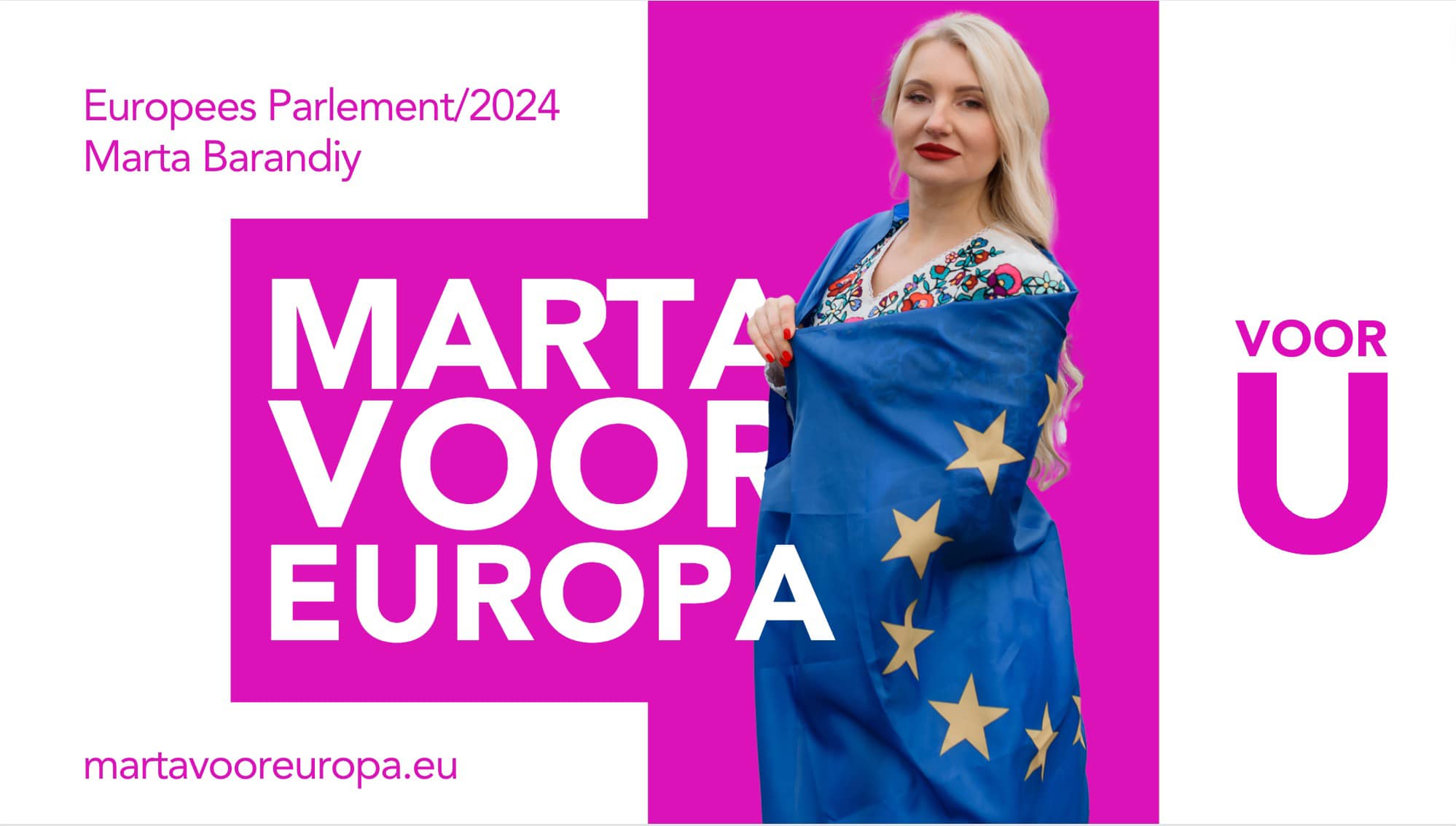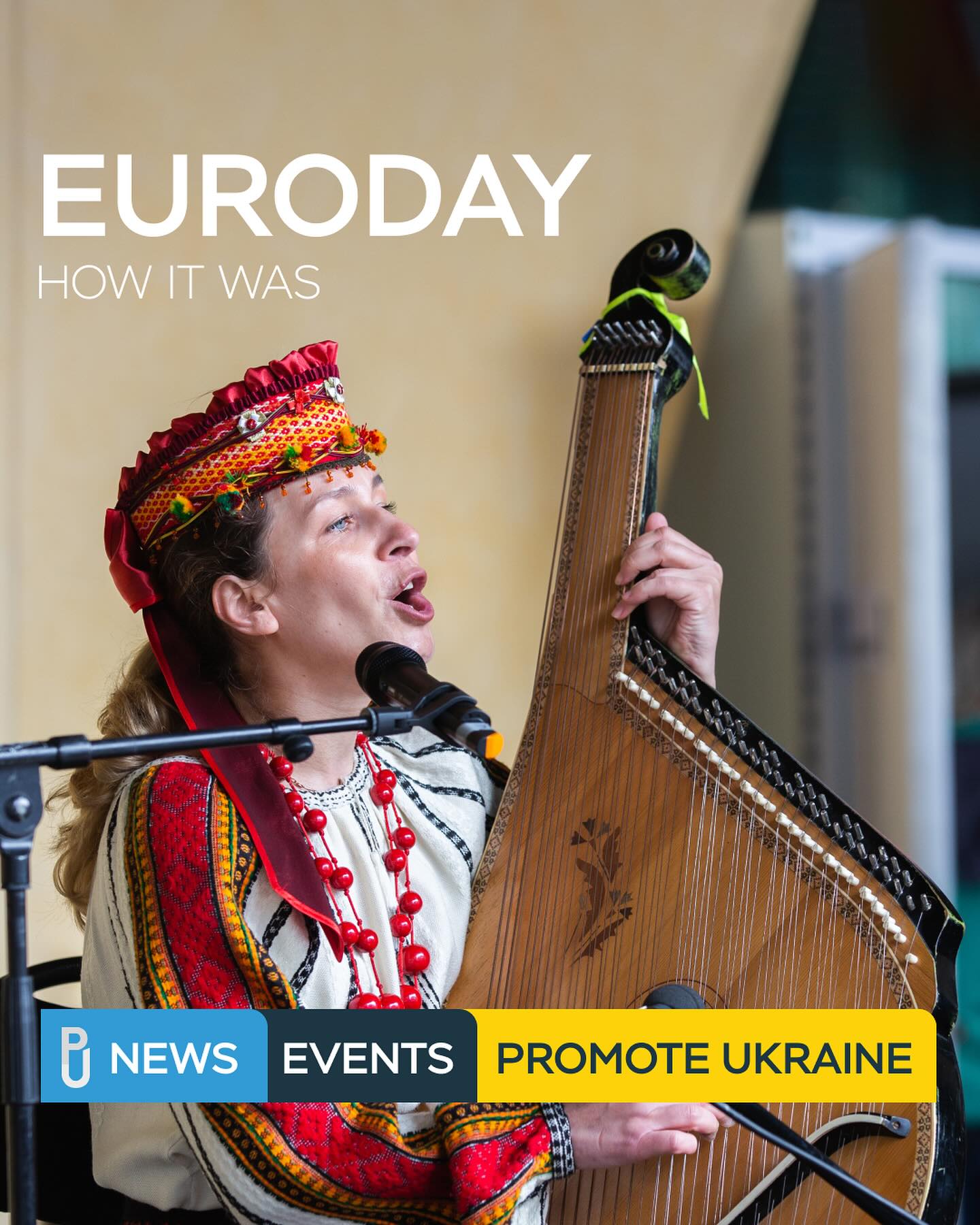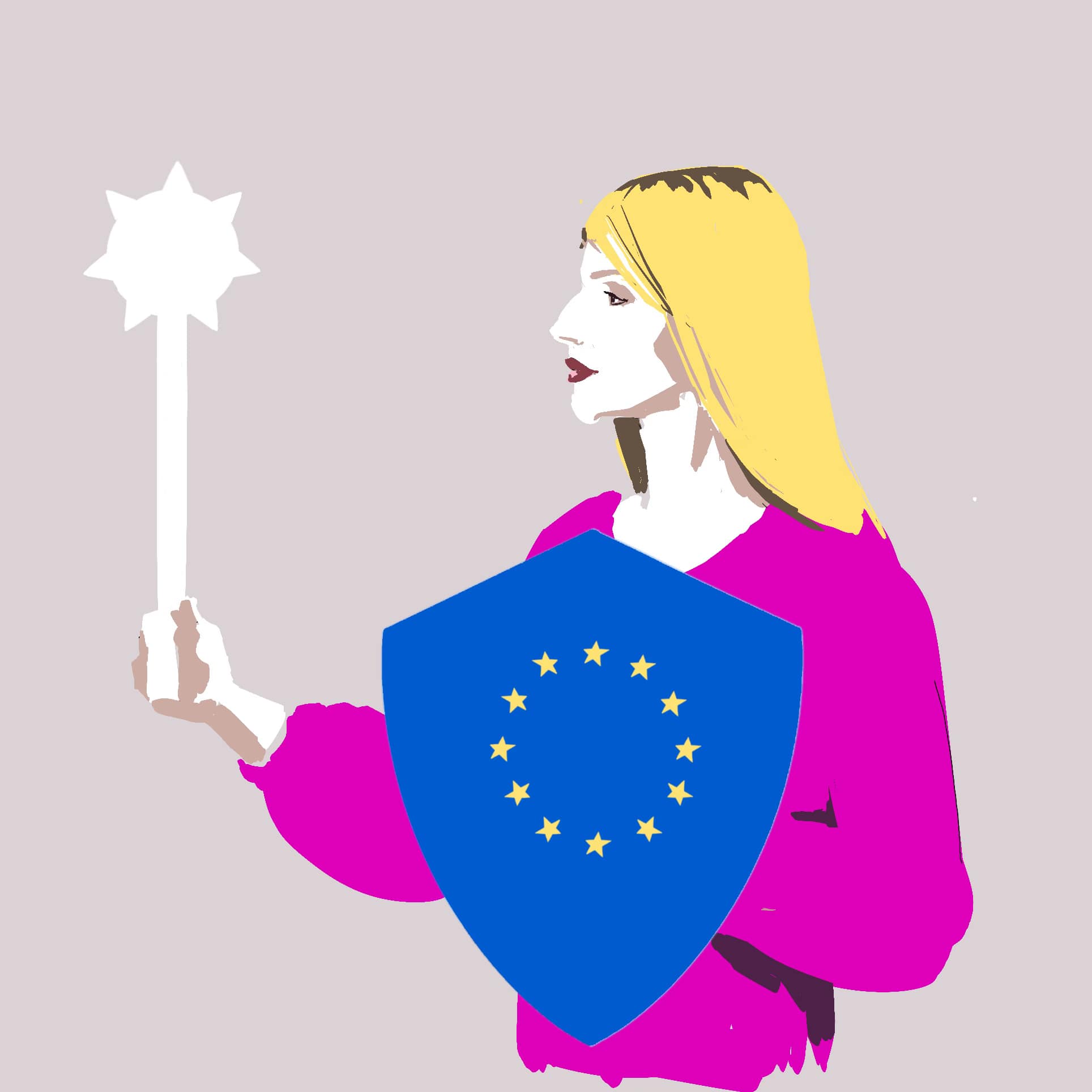In the next 10 years, it will be clear whether Kyiv becomes a member of the European Union (EU); Ukraine’s European integration is not directed against Russia; and free trade between the EU and Ukraine is a success story. Mr. Kubilius, the Lithuanian Member of the European Parliament (MEP) from the European People’s Party (EPP), shared his thoughts with Natalia Richardson, a journalist of Promote Ukraine, about Ukraine’s current performance on the European stage and its chances of being invited into the EU family*.
Mr. Kubilius, how has EU policy changed after the beginning of the COVID-19 pandemic? Are you happy with the current response and new proposals from the European Commission on the Eastern Partnership policy beyond 2020, adopted in the midst of crisis?
On 18 March 2020, the European Commission and the High Representative of the Union for Foreign Affairs and Security Policy adopted the Joint Communication on Eastern Partnership policy beyond 2020, exactly at the moment when our world was struck by the COVID-19 pandemic. The EU has found itself in an unprecedented situation, which now will require institutional courage, bold strategy, and firm action.
The EU has rapidly taken numerous decisions and mobilised, in total, more than 3 billion euros for the whole EU neighbourhood and has allocated for Ukraine more than 190 million euros to address the COVID-19 crisis, including its socio-economic impact. It has adopted for Ukraine a new macro financial support programme of 1.2 billion euros as a part a geopolitical package for Eastern Partners, South Neighbourhood, and Western Balkan countries to limit the economic fallout of the coronavirus pandemic. Ukraine also has taken important measures and adopted a revised 2020 budget with a 2.5 billion euros coronavirus fund for immediate measures to counter the spread of COVID-19.
However, this won’t be enough and the EU will have to stay vigilant and be innovative in designing the next steps of the Eastern Partnership and providing financial assistance. The COVID-19 crisis will have a huge impact on Ukraine’s economy and the EU and its international partners must be ready to do whatever it takes to help Ukraine to recover fast from the global pandemic.
The business as usual rhetoric is not what Europe needs today. We have to be more ambitious than the proposals of the Joint Communication on the Eastern Partnership policy beyond 2020 adopted in March. The times have changed and kicking the can down the road will only make us repeat mistakes of the past while keeping our eyes closed to the future.
We need a geopolitical EU Commission and, after this crisis, it will be judged by its results. So now we have to be looking more into the geopolitics of the Eastern Partnership. We need new flagship initiatives, such as Trio Strategy 2030, to show that there is the EU next door, which is ready to boost its support for reforms and investments to end COVID-19 and help the recovery of Ukraine’s economy.
The new Trio Strategy 2030 would give Ukraine, Georgia, and Moldova new instruments that will enable them to become closer to the EU. More has to be done on communication strategy and new financial instruments, such as investment and economy plan for the region, especially for the EU associated countries (EU Trio). The same proposals have already been made for the Western Balkans region; however, they were not as bold in the Joint Communication on the Eastern Partnership. Many proposals will need to be instrumentalised, including on reform conditionality, investment platforms, or reform support planning and implementation. For the time being, it is unclear how they will be differentiated and based on what incentives, so our policies could continue to be judged by deeds.
Today, the EU must be smart, firm and engaging, open to reformers, austere to empty promises, active in picturing a perspective to committed front leading countries. The EU must embrace reform leaders and EU associated countries, and show the way forward for this Trio.
This would also send a clear signal to all Eastern Partners that there is roadmap for Eastern Partnership policy over the next decade. We can do so by using the examples of EU policies in Western Balkans and EEA. We can do this by discussing the future of EU association agreements and the next steps possible. We can do this together and we believe the EU can be ambitious in proposing a way forward together with the road map of incentives, which could be endorsed in the forthcoming Eastern Partnership Summit.
Mr Kubilius, could you give us more details about the Trio Strategy for Ukraine, Georgia, and Moldova that the EPP proposed to the Commission, but which is not yet adopted?
We call the new document a Trio Strategy, and we already now hear calls to expand our Strategy to the other Eastern Partnership countries willing to choose the European path. And I would agree with this, because what shall we do if other countries, like Armenia, want to join? Armenia is now trying to catch up, but how the strategy’s name might change if other states wish to join is not a major issue. The major issue is their commitment to the EU integration.
Our current Trio Strategy is targeted towards Ukraine, Georgia, and Moldova as frontrunners, as the countries that have Association Agreements, and that is how we are trying to implement what is called a differentiation principle. In brief, and in all languages, it is called “more for more.” I mean if a country is doing more, if the country is moving ahead, if the country has the ambition to integrate with the EU, if the country is making reforms, then there should be an adequate response from the EU. This is what we are proposing: for those three countries – Ukraine, Georgia, and Moldova – which are pushing forward reforms, the EU should introduce new horizons – new instruments and new programs, which Ukraine, Georgia, and Moldova would be able to join. So, what we are proposing? We propose, first of all, to borrow as much as possible from the same kinds of instruments of financial support and instruments of economic development as were implemented by the EU in the Western Balkans. Of course, the Western Balkans are ahead of the Eastern Partnership countries, they have membership perspectives that the Eastern Partnership countries do not yet have. But it is possible to follow the example of the Western Balkans, and some of these instruments used in the Western Balkans, like investment frameworks and platforms, interconnectivity agenda, reform support assistance, access to the EU funding or the Berlin Process (the diplomatic initiative linked to the future enlargement of the EU – ed.) and so on were really good. This is what we are trying to put into the Eastern Partnership strategy, to the Trio Strategy.
When will the Trio Strategy be implemented?
Now is exactly the time to be making decisions. I mean, here in the Parliament, we shall have a report in the Foreign Affairs Committee perhaps in April, then it will be a special communication on the Eastern Partnership policy from the Commission in mid-March, and there will be an Eastern Partnership Summit on 18 June. So we have the whole calendar. And we put our strategy on the table quite early; we developed the full wording of the strategy. And we got results, for example, the strategy’s language was approved by a Euronest Parliamentary Assembly declaration. I am leading the Euronest delegation. Euronest is a parliamentary assembly between the European Parliament and all Eastern Partnership countries, including Ukraine. Then the same language was approved by a special resolution passed by the European Parliament on foreign and security policy priorities. Now we shall have a special report, as I said, on the future of the Eastern Partnership policy.
Will this strategy replace the Eastern Partnership?
No. It is inside of Eastern Partnership. We still want to keep that camp of the Eastern Partnership, but we want to see it be more effective. Inside we want to see differentiation, the so-called principle “more for more.” So, if Ukraine does more, then Ukraine gets some instruments from this trio package, which will be devoted only to those three countries. The other three countries are not forgotten – Belarus, Armenia, and Azerbaijan remain in the same Eastern Partnership camp, but they will have a more individualised approach. They are different. We do not propose putting them into another smaller basket because we cannot compare Armenia for example, with Azerbaijan or with Belarus. This is our view.
For Ukraine, Georgia and Moldova, which are pushing forward reforms, we propose first of all to take as much as possible the different instruments of financial support and instruments for economic development, which were implemented in Western Balkans by the EU, to have some kind of parallel development.
There are no membership perspectives in this plan, right?
For the time being, no. We are still using the same language: Article 49 (of the Lisbon Treaty – ed.) allows each country on the European continent sharing the same values as the EU to have EU membership on its agenda. It will take time. But I think this decade will be crucial. I hope that really, by the end of this decade, we will have a different picture. Here it will be political will on the EU side to be open for the integration of those countries wishing to integrate. Not by the end of decade, but sometime around then, I hope that there will be also positive transformations in Russia itself, that Russia will come back to more democratic developments. That is what we are trying also to discuss in our two forums.
What is the idea behind this informal forum with Russia?
We have two forums. One forum on the Eastern Neighbourhood, where we are discussing all those issues connected with the Eastern Partnership strategy, with seminars for individual countries like Georgia or Belarus. For example, we are planning to have a whole week dedicated to Ukraine, with nice events and also serious discussions. That is one thing, which we are doing. And there is another thing. Because, of course, the Eastern Partnership is a strategy targeted towards a region between the EU and Russia and, of course, we cannot avoid speaking about Russia. We have heard the statements of French President Macron, and we are sceptical of the possibility of resuming or supporting the dialogue with Putin. I see some danger in these sentences, I am openly saying that if that vision of Macron will start to be implemented, then the price for it can be paid by Ukraine. That is our view. We are proposing to speak much more about what kind of EU strategy we need to have towards Russia in order to help Russia’s transformation to a Western-type democracy at some time. We don’t expect it will happen whilst Putin is leading Russia. That at some time Russia will transform itself into a more democratic and European-style development. And here we see two major instruments that the EU might deploy. One is the power of Ukraine’s successes, which can be used by the EU as an example, which will both assist Ukraine’s further development while also having a positive impact on ordinary Russians, forcing them to ask questions about why Ukraine is closer to Europe and why it is becoming a success story while Russia is left somewhere in the wild east. And the second, of course, is to show Russian people again the kind of relationship that could be established between the EU and a democratic Russia, once Russia becomes a democracy. I mean very practical instruments like visa free regime, free trade or something like that in order to show Russian people what they are losing whilst they have such a regime. So, that’s what we are discussing. We had first discussions, now we will have further discussions. It was successful; it was in presence of Russian opposition people, experts and so on. We are also trying to show here in the Parliament and in European capitals that Ukraine’s integration and Ukraine’s success is not targeted against Russia. In some capitals you hear: the EU’s support of Ukraine can provoke Putin’s anger. Our view is the total opposite. Ukraine’s success can be helpful for Russia itself. If you have a longer-term perspective.
Can you call the Free Trade Area between Ukraine and the EU a success story?
I think so. Absolutely. Because it is really very ambitious, and it opens a lot of possibilities. As always, with free trade, things do not all happen in one night. I remember very well our own experience with a free trade and association agreement, starting from 1995. We had many concerns that our agriculture would lose competition in a free trade arrangement, that some other areas will suffer. But in the end, it appeared that it was exactly the opposite. Our agriculture had the biggest success being part of the single market and being in free trade conditions.
So now, I would be happy to see that the EU-Ukraine trade would increase even more rapidly. Ukraine has a very big potential to be successful in a competitive economy. Of course, for that Ukraine needs to do its own homework, which sometimes is not so easy. Like land reform or some other issues. I think that Ukraine can be very attractive for foreign direct investments or for international financial institutions to invest into some big infrastructural projects. But Ukraine needs to be effective in attracting those investments.
Are you in favour of the Land Law that Servant of the People initiated?
I do not know all the details, of course. Four thousand amendments are quite a job to do. But, in general, to have a European type of land regulation, land law, carrying the possibility to sell land or use it as collateral to the banks – that is what is very much needed for the economy. That is what we did back in 1995-1997. Again, we had huge discussions in Lithuania. Perhaps we did not have 4,000 amendments, but quite a lot of amendments were put into that law. However, we adopted the law entirely according to all EU regulation in that area, created the basis for modern agriculture to be created in Lithuania.
Was there resistance?
Sure, sure! On one side there was resistance because of a belief that foreigners would buy all the land and we would be without any land in Lithuania at all. So, we introduced a so-called transition period and finally, we allowed foreigners to buy the land only in 2014. This diminished, at that time, some of the emotional tension that Germany or the Netherlands would come and buy all the land. Now, foreigners are free to buy the land, but I do not see German or French farmers rushing to buy our land. Not at all, for the time being.
Second, there was a discussion about how big the plot of the land a farmer can have. That was not regulated from the very beginning in a proper way, so we had some excessive farms. But now people are starting to think about how to regulate land ownership. It is also EU policy not to give direct subsidies to landlords above a certain limit. So, things are really normal, agriculture is in good condition with all the modern technologies and with huge exports to all the different markets. And always, of course, farmers complain that things are not good. Lithuanian farmers are demanding a bigger budget line in the multiannual financial perspective, so that is pretty normal. Nothing very different from other countries.
Do you see difficulties in the free trade area between Ukraine and the European Union?
I do not know the whole regulation as to how quotas can be increased. As we know in some products, Ukraine is really strong. Ukraine used quotas in the first week. Tomatoes, sunflower oil, ketchup, etc. So, that is where things need to be done. As we know, the government is asking for some amendments. I think it is a really good time to do it. And, of course, Ukraine should have a clear goal: for example, to have two-thirds of its export going into the EU market. We went through the same. I remember that in 2000 we had our trade at that time 50/50: 50% went to Russia, and 50% went to the EU market. In some ways, we can call it luck, or we can use some other words, but there was a crisis in Russia at this time – in 1999-2000, when the Russian market collapsed, our producers understood that it is much better to go to the European market. And that was exactly the factor that pushed them. After that, we had 70% or something like that go to the EU market, and we are happy.
Ukraine has a lot of internal problems, as you know. But, at the same time, the majority of Ukrainians – 60% – want to join the EU. Do you think that a country with such aspirations can at least apply for membership in the foreseeable future?
Everything is possible. You know it is a question of tactics and a choice of when to do what. Now, there is also some kind of a new stage in the enlargement policy, and we still need to understand what that new enlargement methodology means. For the time being, it is applicable only for the Western Balkans, but methodology itself has some positive developments, and I think offers real encouragement for moving forward. It brings the possibility of integration into specific areas of EU policies without waiting until the final decision on membership is made, and so on. Of course, now all the language is targeted towards Western Balkans, as I said. But we have a very clear understanding that it is the same methodology, which at some time will also be applied for Ukraine.
Europe’s mood towards Ukraine and Russia is, let’s say, more pro-Russian now than it was two years ago. What about the European Commission? If you look at biographies of the new president of the Commission, of Commissioners and so on, we do not see that they are really friends of Ukraine, and it seems that they are not so interested in Ukraine. Is this true?
Of course, we would like to see maybe stronger language sometimes and deeper engagement. But I am not pessimistic from that point of view. First of all, last year, when we were newcomers, we were kind of sceptical about the European Parliament. We were worried because it looked like nobody was speaking about Ukraine anymore, nor about the Eastern Partnership or even about Russia. That’s why we started to create forums (on the EU Neighbourhood and Russia – ed.). Then, we became a little more optimistic when we saw that really the climate in the Parliament is not bad. We had several resolutions, including one on Ukraine and political prisoners, then another about the Molotov-Ribbentrop Pact. Putin became very, very angry after this resolution passed. Those resolutions were passed with a huge majority and strong statements from different groups. We then started to target also the Commission. First, we are, of course, trying to have a good partnership with the Commissioner for Neighbourhood and Enlargement; we have talks that went well.
Then, of course, a very important person is the vice-president of the Commission, Josep Borrell. When he was going through appointment, approval procedure, he used good language in the hearings, I would say. Strong language. And sometimes for us, it looked like he was reading our papers and then repeating us (laughs). And I agree absolutely with his philosophy. Borrell’s philosophy was something like that: if the EU wants to be a globally important power, geopolitically important power, first of all, the EU needs to take care of its own neighbourhood, from a geopolitical point of view. And there is the southern neighbourhood, there are the Western Balkans, and there is the Eastern Partnership. And that is what he is formulating in a very clear way.
* This interview has been taken in February and then updated in May to cover the latest developments of the COVID-19 pandemic and takes on board new challenges to the Eastern Partnership region, especially on the necessity of boosting the EU’s policy for Eastern Partnership countries, including Ukraine, to fight COVID-19 and help the economic recovery from this crisis.
[1] More information can be found in the recent Statement by Kubilius-Krulko, https://elpnariai.lt/en/on-the-eu-assistance-for-ukraine-to-mitigate-the-effects-of-covid-19-crisis-and-continue-reforms-necessary-to-sustain-the-economic-recovery/






 UA
UA FR
FR DE
DE